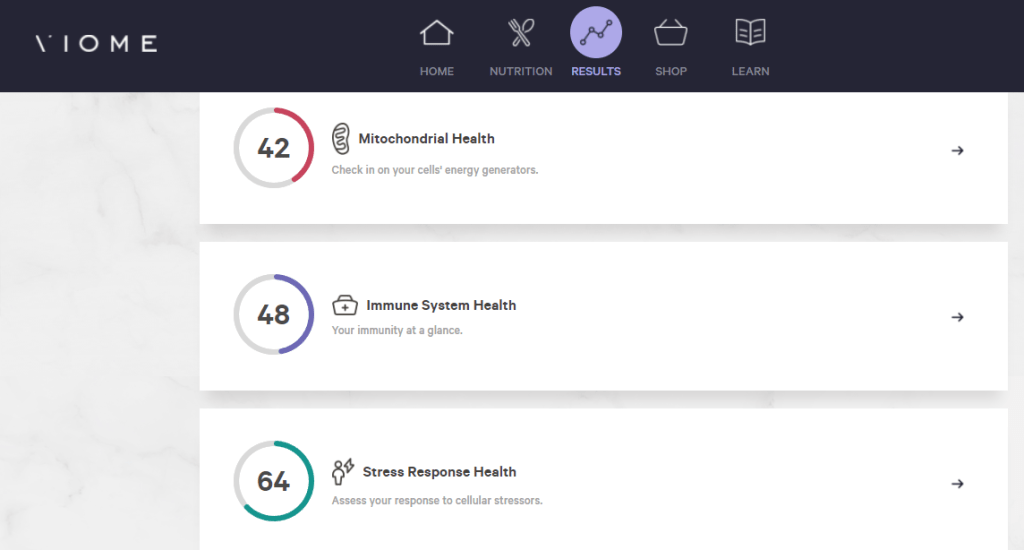Last month in Tokyo at the Smart Kitchen Summit Japan, we learned about a new personalized cereal offering from Japanese snack and breakfast food company Calbee. Called Body Granola, the product provides a personalized mix of prebiotics and cereal tailored to a customer’s microbiome, as determined by an at-home test.
Here’s how it works: Once customers sign up, they receive an internal flora (microbiome) stool sample test kit. They take the test and send it to Calbee’s testing partner, Metagin, for analysis. About six weeks later, customers can access their results via the Body Granola website. From there, they can order their personalized granola by selecting prebiotic ingredients that best align with the primary bacteria in their microbiome.
As shown in the video interview, these prebiotics come in the form of letter- and color-coded toppings that are mixed with Calbee’s base granola. While the granola itself isn’t mixed specifically for each customer, customers are guided to a limited number of options tailored to support certain types of microbiome microflora. They then mix the prescribed final cereal at home.
Several startups in the U.S. have rolled out personalized nutrition offerings based on microbiome DNA testing, resulting in customized meal plans or supplement subscriptions. However, none of the major CPG brands have ventured into microbiome testing or other personalized testing—let alone offered a subscription service for customized consumables like this.
Currently, the product is only available in Japan, but the company says it plans to expand to the U.S. and other locations in the future.
















